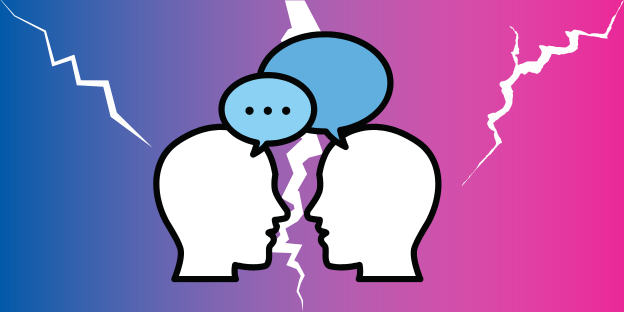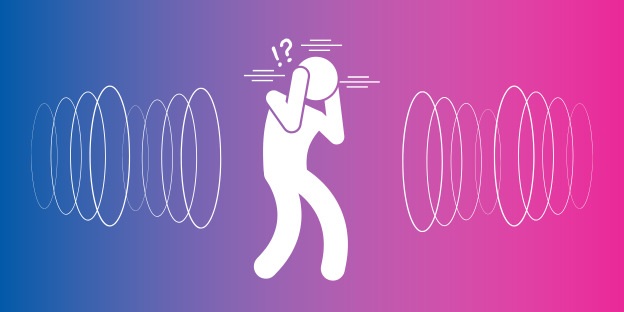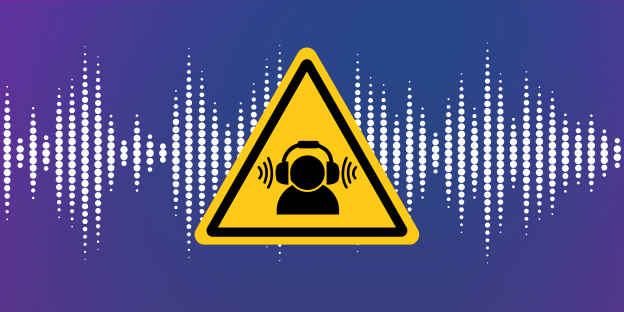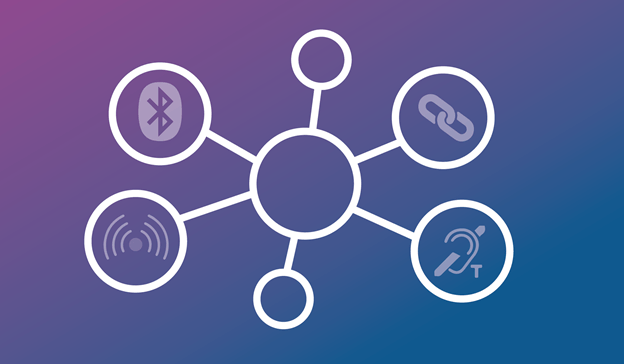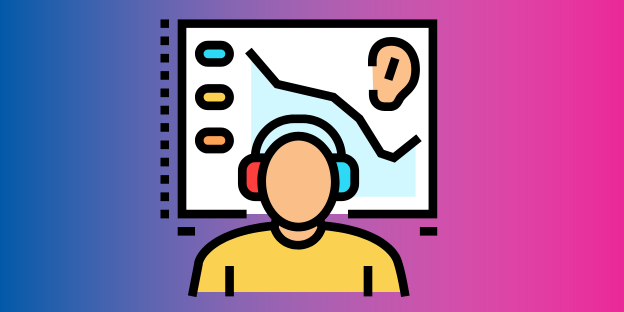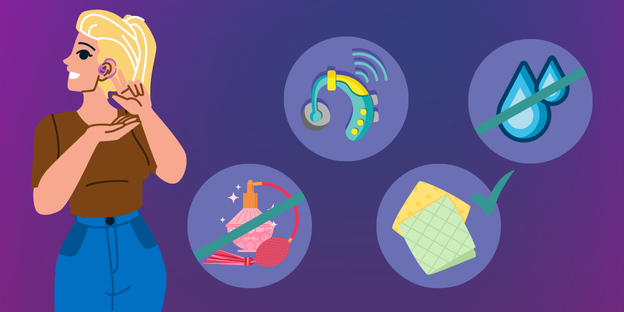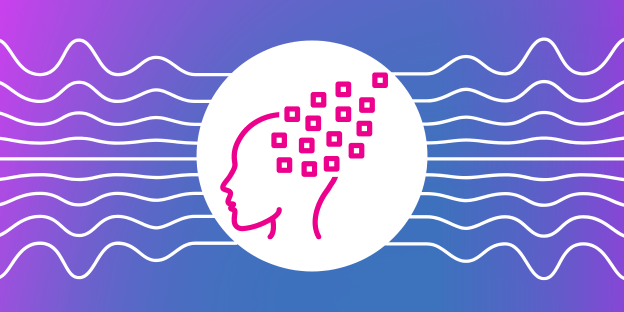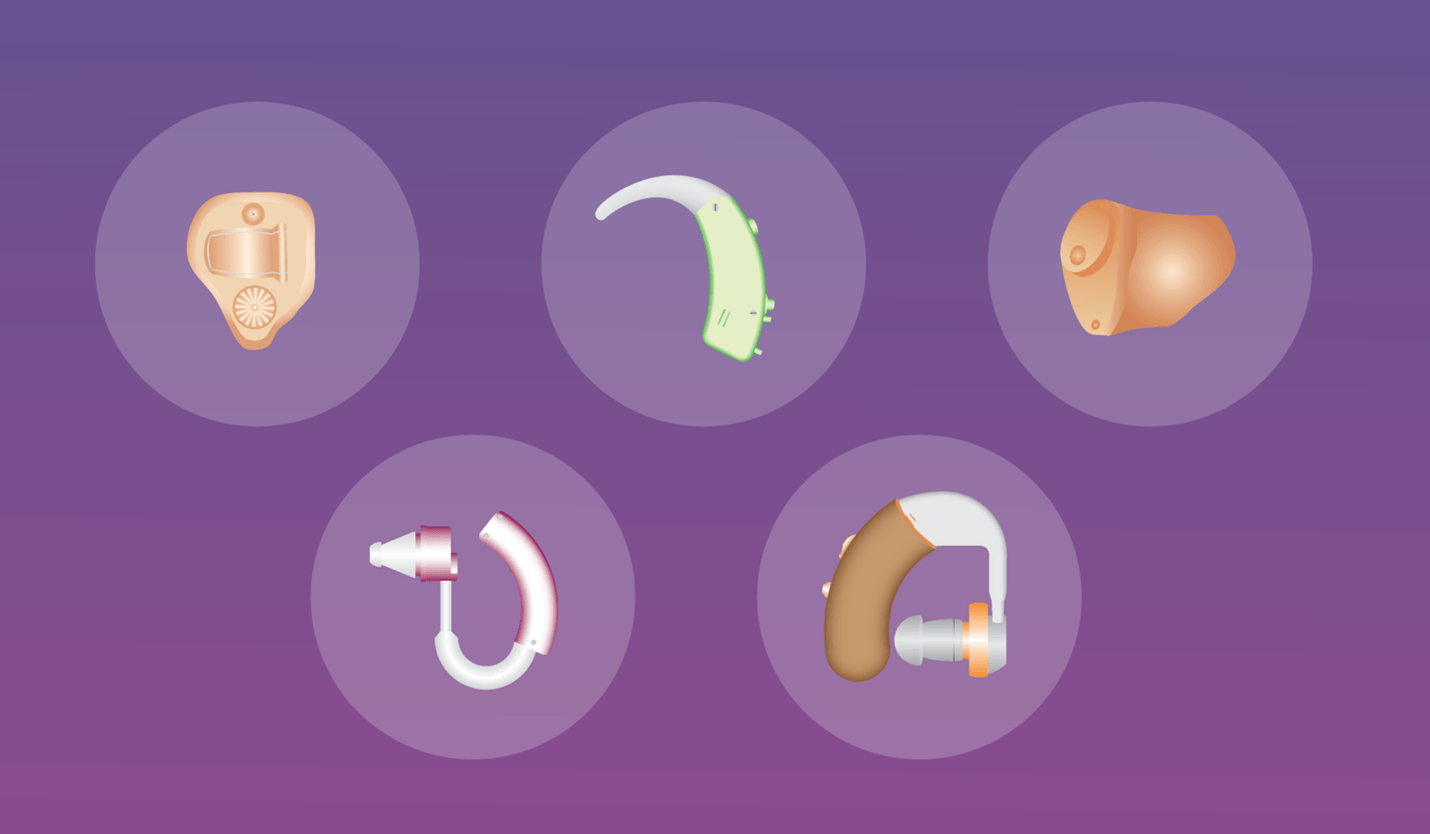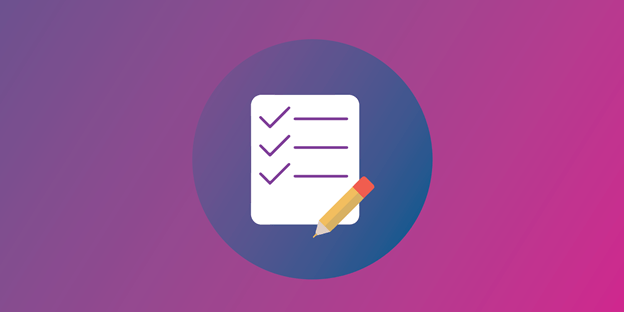What is Noise Pollution – And How Does it Affect You?
No one likes dealing with loud or annoying sounds, especially if you are exposed to them on the daily at work, home or during your commute. Crowds, busy traffic and power tools can all produce overwhelming levels of noise and sometimes being subjected to it is unavoidable.
People can feel irritable and worn out if they have to contend with working or living in a noisy location. But did you know that noise pollution can be more than just a nuisance? It can also pose a risk to your hearing health.
What is Noise Pollution?
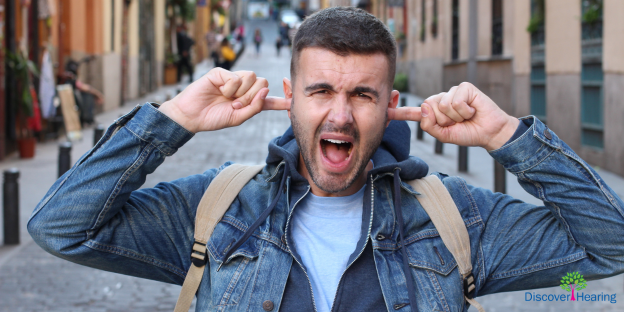
Noise pollution refers to excessive levels of noise that can have a harmful effect on the health of humans and animals. It can be especially dangerous if you are exposed to these large levels of noise over an extended period.
Generally speaking, sound levels above 85 dB can pose a risk to your hearing if you are continuously exposed to it without taking measures to protect yourself.
Common Sources of Noise Pollution
Noise pollution can be a common hazard for workers in industrial facilities, construction sites or other workplaces where machinery and tools generate a lot of noise.
Outside of work, people may also need to contend with dangerous sound levels if they live near areas with high levels of traffic noise, such as those found near railways, highways or airports.
If you are unsure if you are being exposed to an unsafe level of noise in your daily life, sound level meters can be used to determine the levels of noise in a given area.
How Does Noise Pollution Affect Your Hearing?
Overtime, exposure to high levels of noise pollution can lead to the hair cells in your inner ear getting damaged. These hair cells play an important role in hearing and are responsible for transmitting auditory signals to your brain. When the hair cells in your inner ear are harmed, the result can be temporary or permanent noise-induced hearing loss.
In addition to the risk of hearing loss, noise pollution can also negatively impact your mental health. Intense and persistent sounds can cause a lot of stress, leading to anxiety, mental fatigue and problems with sleeping. Other side effects can include headaches and even elevated blood pressure.
How Can You Protect Your Hearing from Noise Pollution?
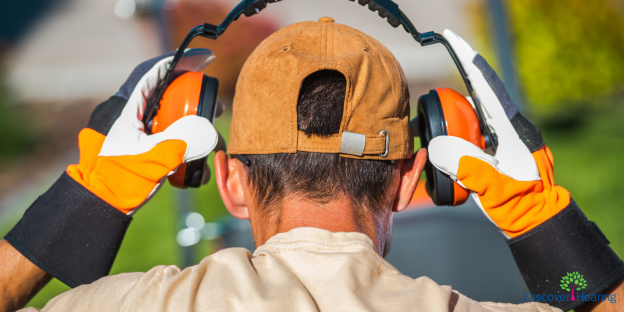
One of the most effective ways to reduce your risk of noise-induced hearing loss is to simply avoid areas where you may be exposed to noise pollution or to limit the duration you spend in those areas as much as possible.
When exposure to harmful levels of noise can’t be avoided, such as when it may be required for your job, you should always wear appropriate safety gear, such as protective earmuffs or headphones. Custom earplugs designed to fit your ears can also be a useful and less obtrusive way to manage your exposure to high levels of noise.
If you live in an area where noise pollution is a concern, you can take steps to better soundproof your home or plant trees around your house to act as a natural sound barrier.
If you’re concerned about your hearing, or whether you’ve been exposed to an unsafe level of noise, our registered audiologist can perform an audiometric evaluation to determine if you are experiencing hearing loss. The audiologist will review your results with you and recommend treatment options.
Even if you aren't experiencing any issues with your hearing, it's recommended that you have your hearing tested annually if you work in a high-noise level environment.
We are also St. Albert’s leading destination for custom earmolds and earplugs to help you safeguard your hearing! We supply custom earplugs that are designed to fit the exact contours of your ear for improved noise protection. You can wear them to protect your hearing at work, at noisy events such as concerts or to block out sounds when sleeping.
Contact Discover Hearing today to book your hearing test with our registered audiologist.
